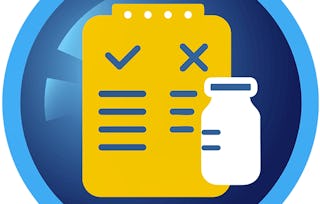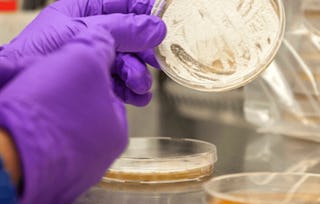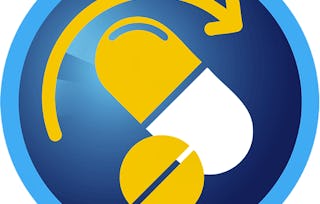Welcome to the Evidence-based Toxicology (EBT) course. In medicine and healthcare, evidence-based medicine has revolutionized the way that information is evaluated transparently and objectively. Over the past ten years, a movement in North America and Europe has attempted to translate this revolution to the field of toxicology.

Evidence-based Toxicology
Seize the savings! Get 40% off 3 months of Coursera Plus and full access to thousands of courses.

122 reviews
Details to know

Add to your LinkedIn profile
9 assignments
See how employees at top companies are mastering in-demand skills

There are 7 modules in this course
Instructors


Offered by
Explore more from Basic Science
 Status: Preview
Status: PreviewJohns Hopkins University
 Status: Free Trial
Status: Free TrialJohns Hopkins University
 Status: Free Trial
Status: Free TrialNovartis
 Status: Free Trial
Status: Free TrialJohns Hopkins University
Why people choose Coursera for their career

Felipe M.

Jennifer J.

Larry W.

Chaitanya A.
Learner reviews
- 5 stars
76.22%
- 4 stars
17.21%
- 3 stars
4.91%
- 2 stars
0.81%
- 1 star
0.81%
Showing 3 of 122
Reviewed on Jul 31, 2021
Excellent, it has given me a very clear and complete vision.gave me a very clear and complete picture.
Reviewed on May 25, 2020
Thanks for the opportunity to be part of those who will benefit from their awesome course.
Reviewed on Jun 11, 2020
The course was very well thought out and very informative

Open new doors with Coursera Plus
Unlimited access to 10,000+ world-class courses, hands-on projects, and job-ready certificate programs - all included in your subscription
Advance your career with an online degree
Earn a degree from world-class universities - 100% online
Join over 3,400 global companies that choose Coursera for Business
Upskill your employees to excel in the digital economy

